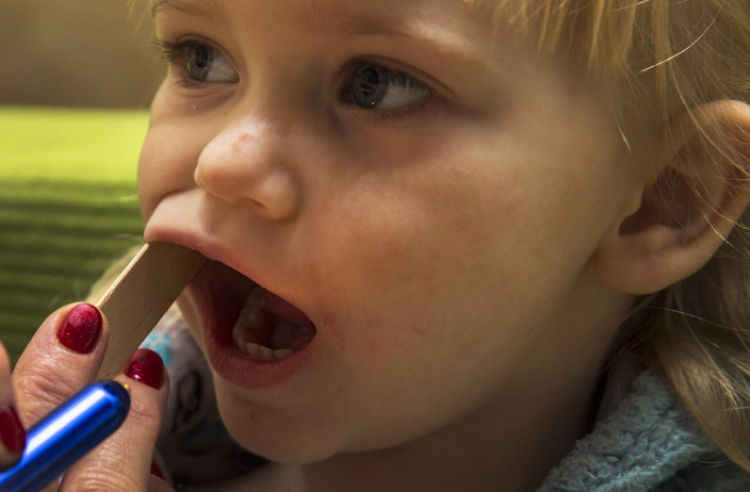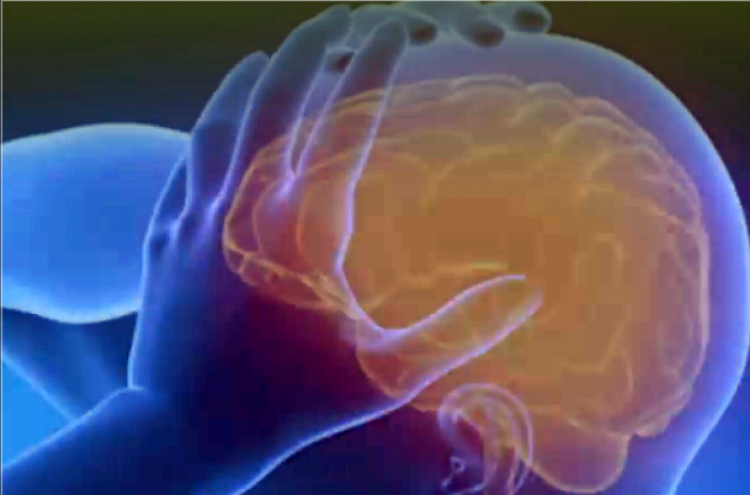1) Is dying hair mentioned in Torah?
The source of any prohibition surrounding the dying of one's hair in Torah relates to men only. This is found in the Gemara, Makkot 20b, where the Oral Law forbids a man from removing white hair from amongst the black hair. Removing one's white hair would be considered acting or 'dressing' like a woman, which is forbidden in Judaism. This plucking of white hairs from a man's beard is extrapolated in the Sefer HaHinuch (543:3) to dying one's hair as well, which is considered 'adornments of a woman,' (Onkelos, Dvarim 22:5).
A woman is certainly free to dye her hair within the acceptable color norms of the society in which she lives.
2) If a woman is allergic to hair dye, could she dye her hair partially?
Theoretically, hair dye shouldn't cause an allergic reaction to the body, since hair itself, is non-living protein. Other than the follicle at the base, it has no blood supply or connection to the inner workings of the body and theoretically should not cause an allergic reaction if someone is allergic to hair dye. That said, if someone is truly allergic to hair dye, it is best to avoid it entirely, since inevitably some dye can easily spray or drop onto one's skin or scalp and lead to an allergic reaction. As our sages tell us, “[Physical] danger is more severe then a Torah prohibition,” and should be avoided at all costs.





